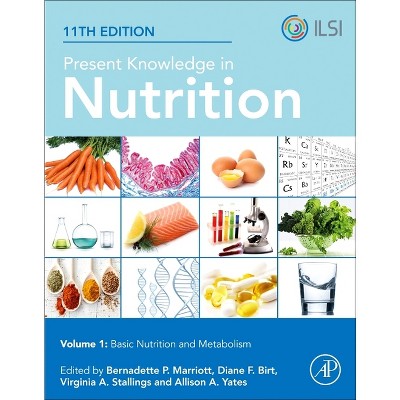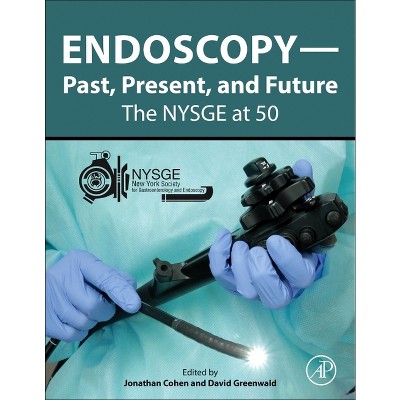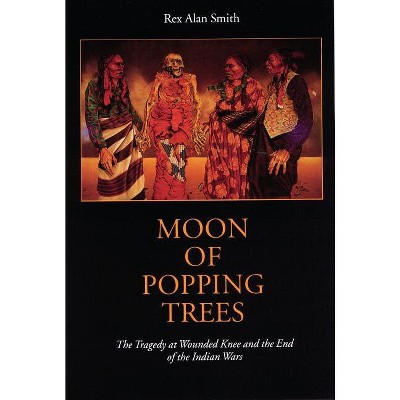Sponsored

Present Knowledge in Food Safety - by Michael E Knowles & Lucia Anelich & Alan Boobis & Bert Popping (Paperback)
In Stock
Sponsored
About this item
Highlights
- Present Knowledge in Food Safety: A Risk-Based Approach Through the Food Chain presents approaches for exposure-led risk assessment and the management of changes in the chemical, pathogenic microbiological and physical (radioactivity) contamination of 'food' at all key stages of production, from farm to consumption.
- Author(s): Michael E Knowles & Lucia Anelich & Alan Boobis & Bert Popping
- 1188 Pages
- Medical, Microbiology
Description
Book Synopsis
Present Knowledge in Food Safety: A Risk-Based Approach Through the Food Chain presents approaches for exposure-led risk assessment and the management of changes in the chemical, pathogenic microbiological and physical (radioactivity) contamination of 'food' at all key stages of production, from farm to consumption. This single volume resource introduces scientific advances at all stages of the production to improve reliability, predictability and relevance of food safety assessments for the protection of public health.
This book is aimed at a diverse audience, including graduate and post-graduate students in food science, toxicology, microbiology, medicine, public health, and related fields. The book's reach also includes government agencies, industrial scientists, and policymakers involved in food risk analysis.
Review Quotes
"It contains such a vast amount of technical material that even a specialist would probably be able to critique only two or three chapters in detail.
Nonetheless, it is an important work, and I believe that everyone involved in food safety should be familiar with it.
This work makes every effort to be comprehensive. As a result, only a comparatively small part of it relates directly to fresh produce, but the whole volume contains insights in various areas that are of direct value.
Or, to put it in the book's terms: "Using a risk-based evaluation strategy increases the ability to use alternative approaches and new technologies to inform risk assessment, better characterize risk, and improve management decisions. These new, scientifically more robust methods are more human relevant and"--a humanitarian benefit-- "also frequently decrease the number of animals needed to determine human risk" (1071).
All of this may seem terribly abstract, but it will have a huge impact on which agrichemicals and GMO crops will be used in the future and how." --Richard Smoley, Blue Book Services, Inc.
Shipping details
Return details
Trending Non-Fiction











